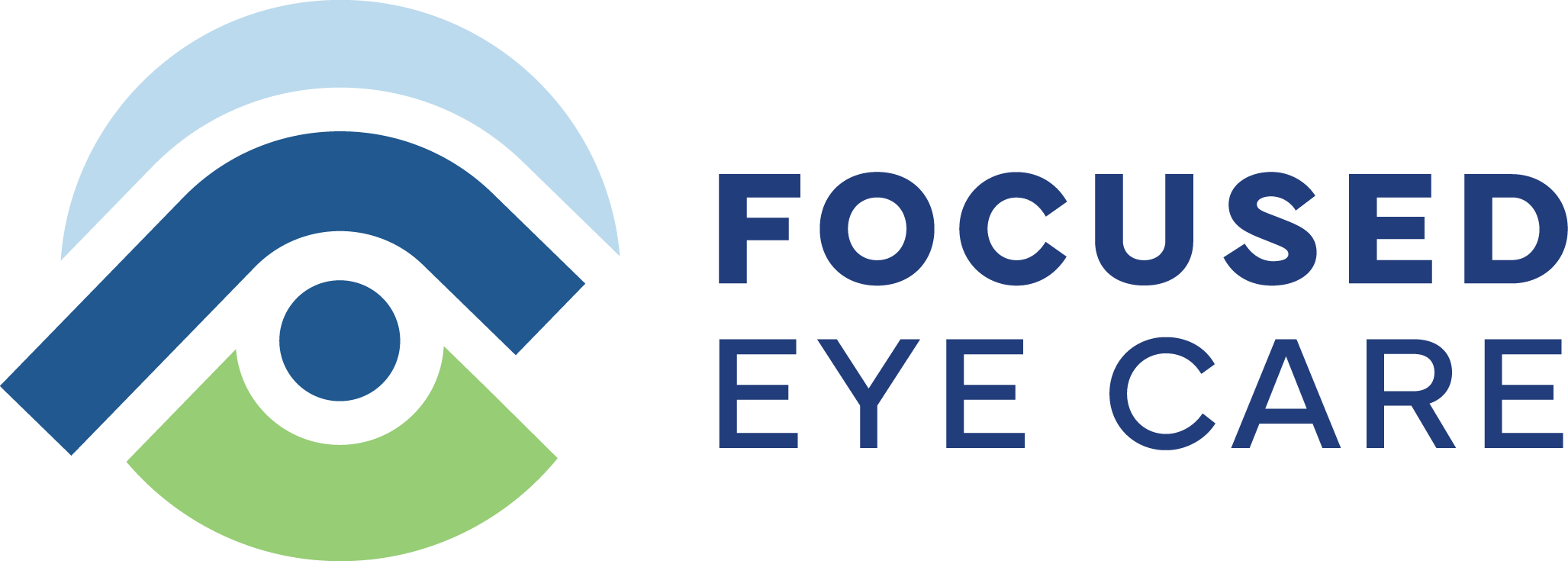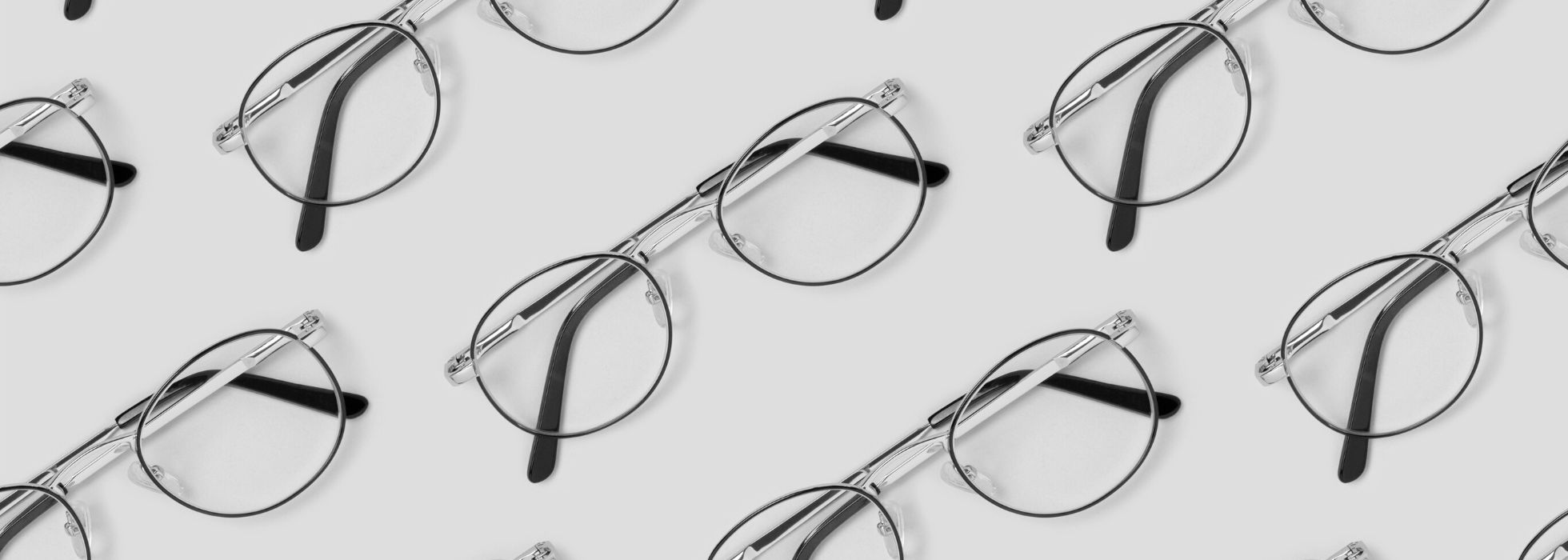Nashua Office: 603-882-0311 Milford Office: 603-673-1330 Call or Text
Myopia Control
Myopia is the clinical term for nearsightedness. Nearsighted eyes see close objects clearly, while objects far away are blurry without glasses correction. Myopic vision occurs when the eye becomes more elongated than the typical eye. As light enters the eye it is not focused properly on the retina. Instead, light focuses in front of the retina, causing objects to appear blurred. Myopia occurs in children and adults. Researchers have predicted that by 2050, half of the world’s population will likely be myopic (about 5 billion people). In the United States, the incidence of myopia has doubled over the past 50 years.
High myopia not only impacts quality of life but is also associated with a higher risk of ocular pathologies such as retinal detachments, myopic maculopathy, glaucoma, and early cataracts. Reducing the severity of nearsightedness not only improves quality of life but could also decrease the chance of developing one of these vision-threatening diseases. Research has shown that there are ways to slow down the progression of myopia, and the younger the person is, the better our treatment process will work. There are currently three treatment options for slowing down myopic progression in kids: orthokeratology, soft multifocal contact lenses, and atropine eye drops.
Orthokeratology therapeutic lenses gently and non-surgically reshape the cornea during sleep so you can see clearly during the daytime after removing the lenses. Corneal reshaping contact lenses slow myopia progression by bending light as it enters the re-shaped eye so that the image is in focus on the retina and also in front of the peripheral retina. This reduces the signal for the eye to want to grow longer.
Soft Multifocal Contact Lenses slow the progression of nearsightedness and provide an effective treatment option. The multifocal optics change the way the eyes focus light, providing a myopia control effect. These are daily disposable lenses which provide the best health and safety for kids as well as convenience. Dr. Donnelly and Dr. Phillis are certified to fit CooperVision MiSight® lenses, the only FDA-approved soft multifocal contact lenses for the purpose of myopia control in kids.
Low-Dose Atropine Eye Drops are specially compounded drops available by prescription through a compounding pharmacy. One drop is instilled in each eye every night. Normal glasses or contact lenses are worn during the day. This is an ideal method for children for whom other myopia control methods may not be a suitable option. In fast progressors it may be used in combination with one of the other methods.
To schedule a myopia control consultation for your child with Dr. Donnelly or Dr. Phillis, at our Nashua location, call 603-882-0311.

